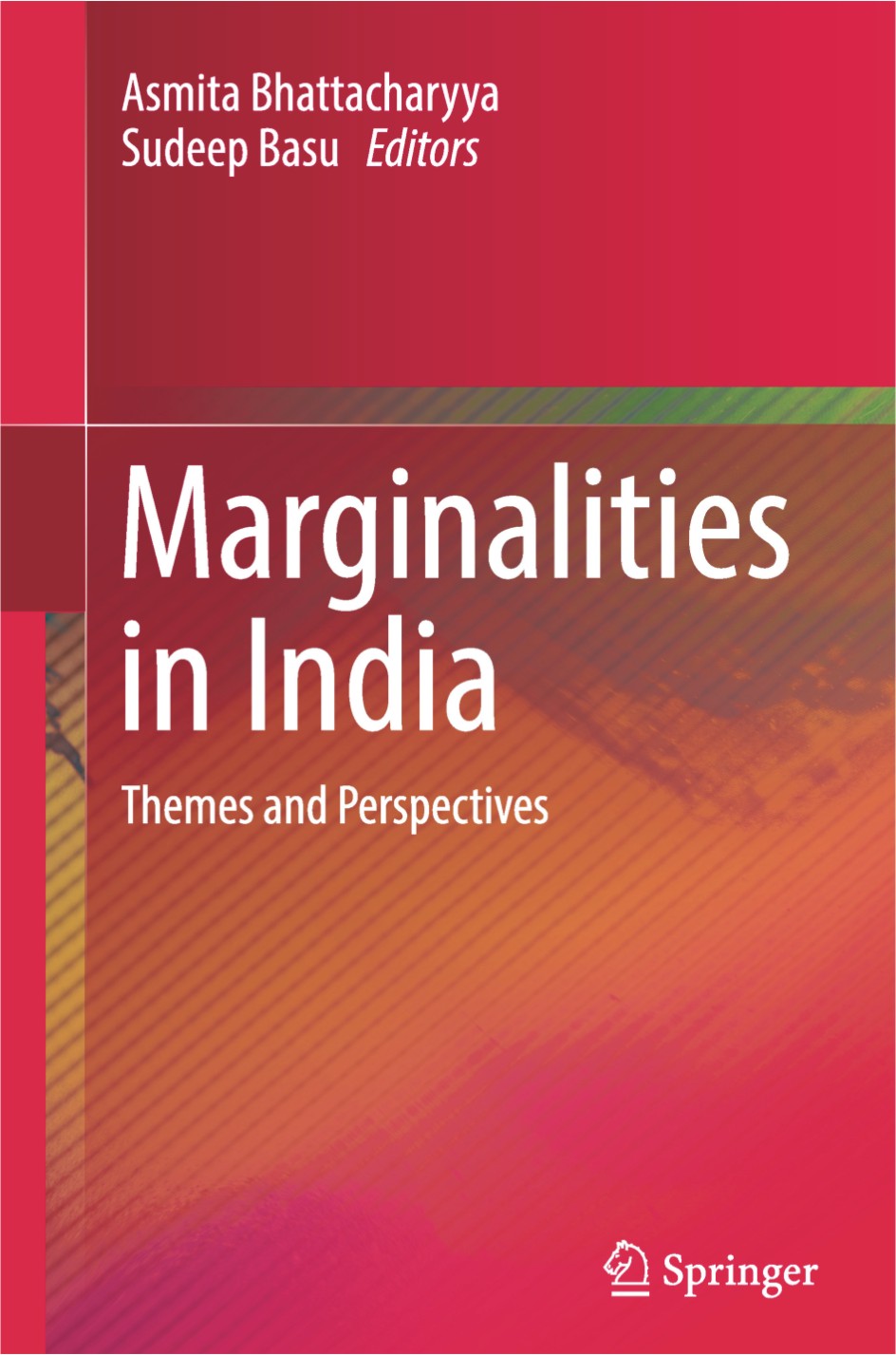Marginalities in India: Themes and Perspectives
Marginalities in India: Themes and Perspectives is backordered and will ship as soon as it is back in stock.
Couldn't load pickup availability
Genuine Products Guarantee
Genuine Products Guarantee
We guarantee 100% genuine products, and if proven otherwise, we will compensate you with 10 times the product's cost.
Delivery and Shipping
Delivery and Shipping
Products are generally ready for dispatch within 1 day and typically reach you in 3 to 5 days.
Book Details
-
Author/Editor: Asmita Bhattacharyya, Sudeep Basu
-
Publisher: Springer
-
Language: English
-
Edition: 2021
-
ISBN: 9789811539794
-
Pages: 314
-
Cover: Hardback
-
Sale Territory: India Only
About the Book
This compelling volume offers a deep and multifaceted exploration of persisting and emerging marginalities in a globalizing India. It captures a wide range of exclusions—be it caste-based discrimination, displacement due to development, identity-based violence, or gendered and disability-linked exclusions—and presents them through a carefully structured framework combining theoretical insights with rich empirical evidence. The contributors critically examine the disconnect between normative ideas of justice and the lived realities of marginalized communities across India.
Divided into six insightful parts, the book starts by conceptualizing marginalities and justice before diving into historically entrenched caste-based exclusions. It then unpacks the complex issues surrounding tribal displacement, state-induced conflicts, and land alienation. The volume proceeds to discuss gender and religious intersections of marginality, followed by new forms of embodied exclusions affecting hijras, the elderly, and persons with disabilities. The final section presents geopolitical perspectives on statelessness and resistance movements.
This edited work stands out for its inclusive, interdisciplinary approach—blending sociology, political science, development studies, and human rights. It serves as a vital resource for scholars, students, policymakers, NGOs, and social reformers, offering both academic depth and actionable insight into creating a more equitable society.





